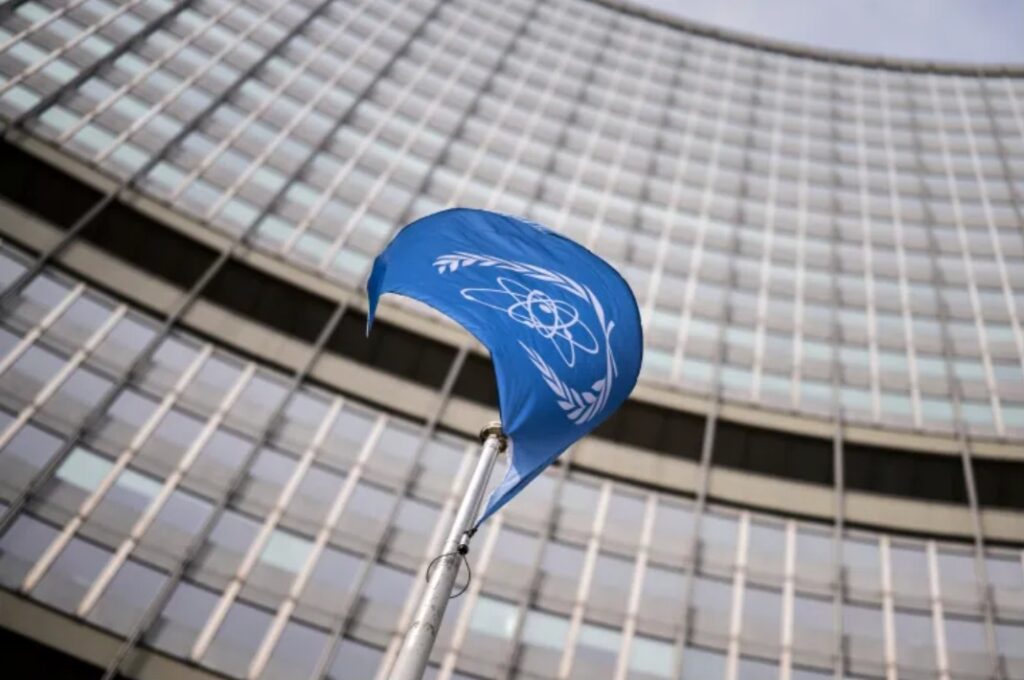
Crystal Charles
Iran is seeking to pass a resolution at the International Atomic Energy Agency (IAEA) that would prohibit attacks on nuclear installations, even as its Supreme National Security Council warned that inspections will end if the West reinstates sweeping UN sanctions.
Iran’s top nuclear officials arrived in Vienna on Monday for the 69th IAEA General Conference, which runs through Friday. They said they intend to table a resolution banning strikes on nuclear facilities but have not disclosed the full text.
Mohammad Eslami, head of the Atomic Energy Organization of Iran (AEOI), told state media the conference was an opportunity to highlight what he called the IAEA’s “double standards.” He criticised Director-General Rafael Grossi for condemning Russian attacks on Ukraine’s Zaporizhzhia Nuclear Power Plant while remaining “neutral” over U.S. and Israeli strikes on Iran during a 12-day conflict in June.
“Even if this resolution is not adopted, it shows that the Charter of the United Nations has, in the truest sense, been damaged,” Eslami said.
Iranian officials acknowledged the measure may not reach a vote, alleging Washington is pressuring member states to block it and threatening to withhold funding from the agency. Deputy nuclear chief Behrouz Kamalvandi cited precedents, including UN Security Council Resolution 487 (1981), which condemned Israel’s strike on Iraq’s Osirak reactor, and two IAEA General Conference resolutions from 1985 and 1990 stressing protection of safeguarded facilities.
Since the United States withdrew from the 2015 nuclear deal in 2018 under then-President Donald Trump, the IAEA Board of Governors has adopted four Western-backed censure resolutions against Tehran. Iran insists its programme is strictly civilian, and both U.S. intelligence and the IAEA reported earlier this year that Tehran was not pursuing nuclear weapons.
The conflict reignited on June 13, a day after the IAEA declared Iran noncompliant with safeguards. Israel launched strikes that led to 12 days of fighting, killing more than 1,000 people and causing billions of dollars in damage across Iran.
